Archaeological Institute of America
Deadline: November 1, 2025
Announced: By March 1
Amount: Up to $20,000
Purpose: The Richard C. MacDonald Iliad Endowment for Archaeological Research will be awarded to projects that support research in regions that supply context to the study of Troy and generally help elucidate the Trojan War and its impact on ancient Mediterranean civilization. This can include but is not limited to Anatolia (modern Turkey), southeastern Europe, the Aegean and Crete during the third to first millennia B.C.E.
This grant will be awarded to projects that support research in regions that supply context to the study of Troy and generally help elucidate the Trojan War and its impact on ancient Mediterranean civilization. This can include but is not limited to Anatolia (modern Turkey), southeastern Europe, the Aegean and Crete during the third to first millennia B.C.E.
The grant may be used for the purchase of innovative technologies as part of the research, including but are not limited to remote sensing, geographic information systems (GIS), geophysical techniques, LiDAR, global positioning systems (GPS), and space imaging radar.
Requirements:
Review the Follow-Up Check List for previous winners.
The AIA welcomes applicants of all backgrounds and is committed to equal opportunity for all. Under no circumstances will the AIA discriminate against qualified individuals on the basis of race, color, religious creed, retaliation, national origin, ancestry, sexual orientation, gender, disability, mental illness, genetics, marital status, age, veteran status, or any other basis prohibited under applicable law.
As part of the Archaeological Institute of America’s ongoing commitment to fieldwork and families, reasonable line items for the care of dependent and elderly family members are allowable expenses for AIA grants, fellowships, and scholarships.
Proposals will be reviewed according to the following criteria (roughly in this order of importance):
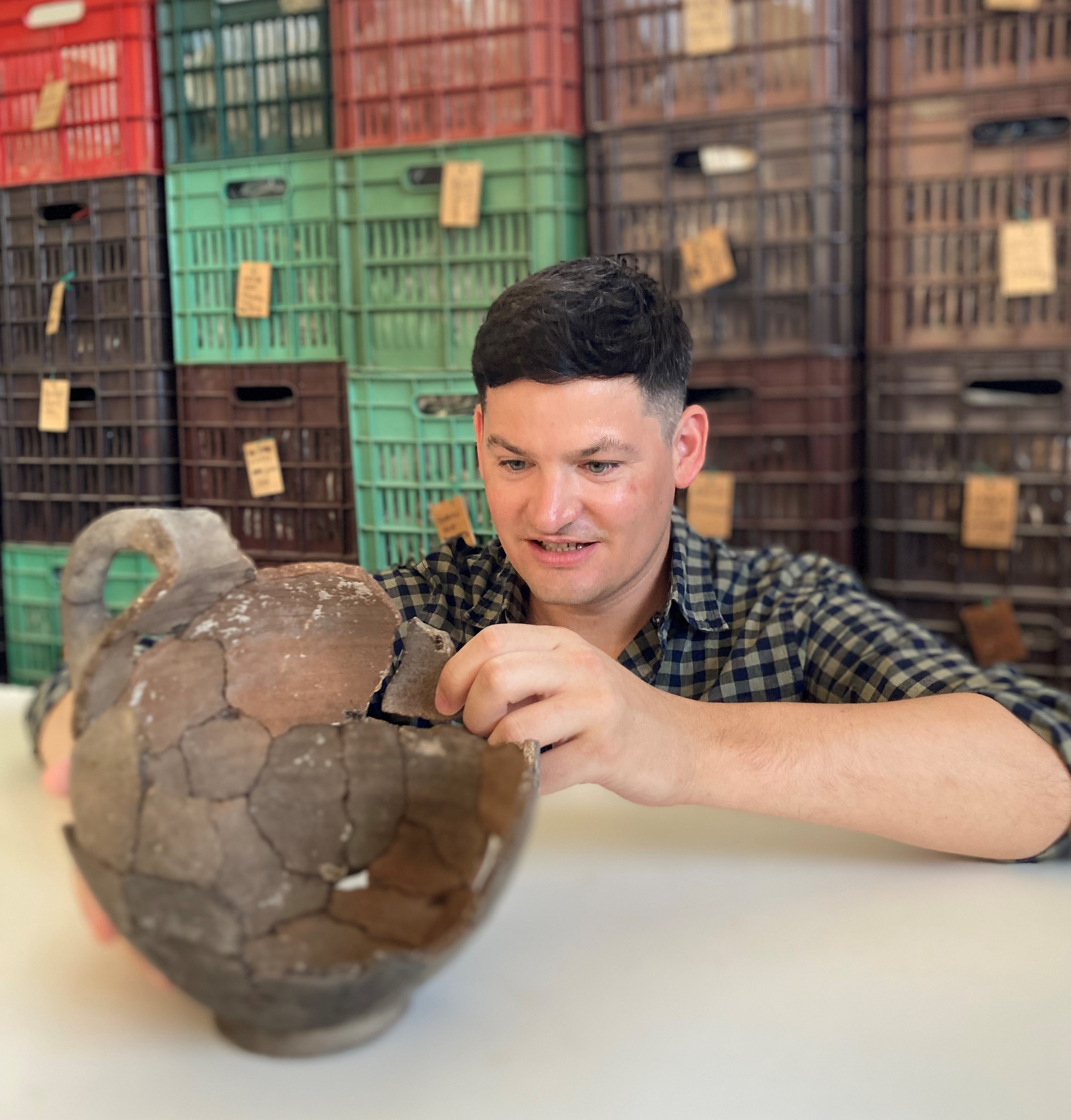
2025
University of Warwick
With support from the AIA’s Richard C. MacDonald Iliad Endowment for Archaeological Research, the North Slope Publication Project (NSPP) is investigating Mycenaean Athens (1700-1100 BCE). The award winner, Dr. Trevor Van Damme, and his colleagues hope to learn more about the city located on the Acropolis, which existed long before construction of the Parthenon transformed it into a sacred space. The project is investigating the North Slope settlement to understand the political and community structures present in Athens at the time of Homer’s Iliad. The NSPP is using an integrated approach, combining archival study, scientific analyses, and the publication of legacy data.
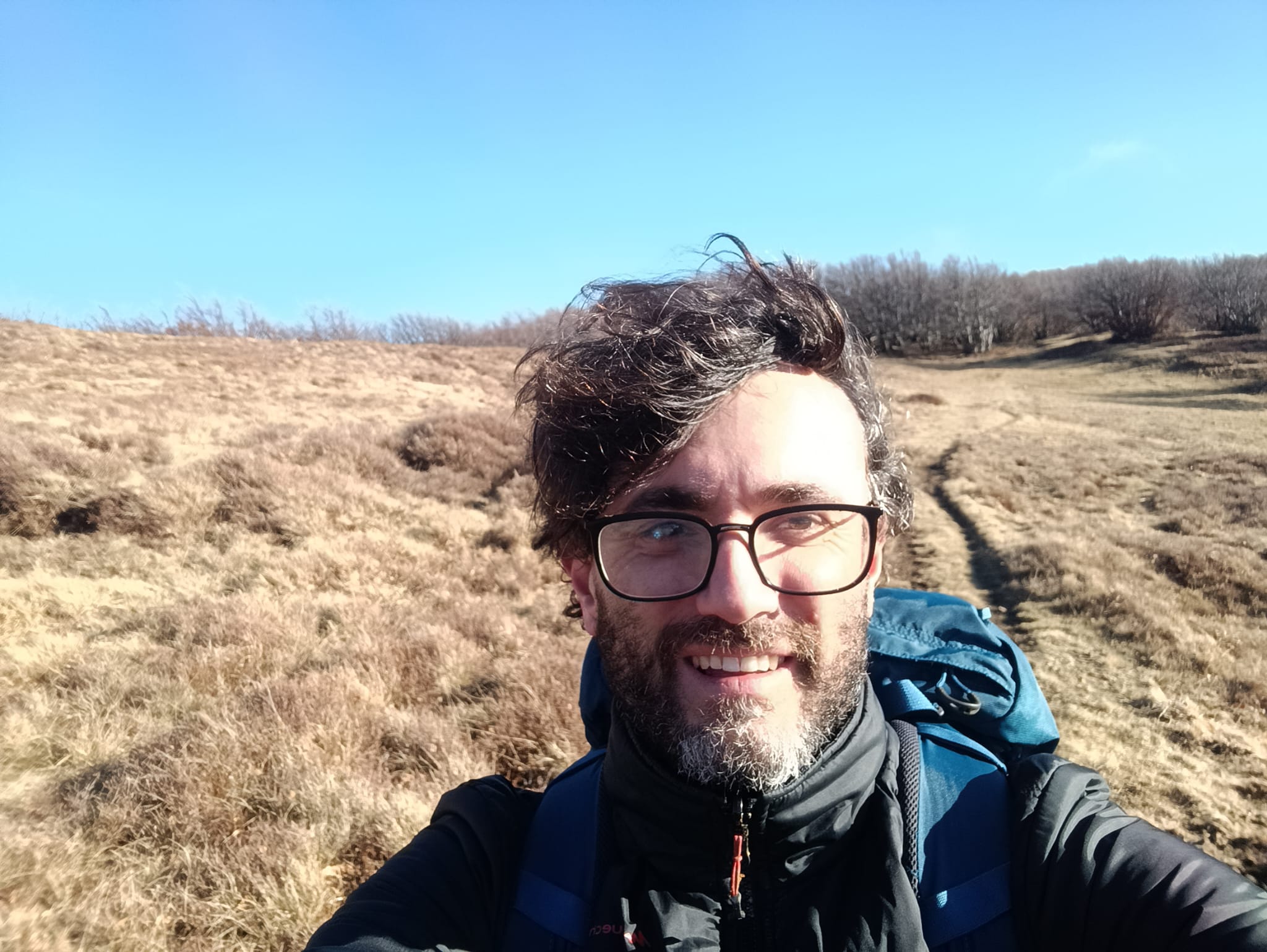
2024
Bilkent University
With a 2024 grant from the AIA’s Richard C. MacDonald Iliad Endowment for Archaeological Research, Alvise Matessi (Bilkent University) will coordinate with Michele Massa (Bilkent University) an interdisciplinary teamwork aimed at locating the ancient city of Tarhuntassa, the lost capital of the Hittite Empire in the 13th century BCE. The historical importance of Tarhuntassa is underscored by its pivotal role in events across the East Mediterranean and the Aegean, involving the famous battle of Qadesh against Ramses II on the one side and interactions with the Mycenaeans and Wilusa, the city immortalized as Ilion by Homer, on the other.
While scholars for nearly a century have attempted to identify Tarhuntassa only using geographical information from cuneiform sources, this project aims at integrating philology with landscape archaeology, history and archaeometry to pinpoint its location through multiple avenues of research. This involves an innovative combination of cutting-edge methods, such as non-destructive geochemical analyses of cuneiform tablets and sealings and GIS-led landscape analysis. If this project is successful in finding the lost city, not only would it help advance the archaeological understanding of ancient western Asia, but it may also provide a model for future research on other unidentified pre-modern economic and politica
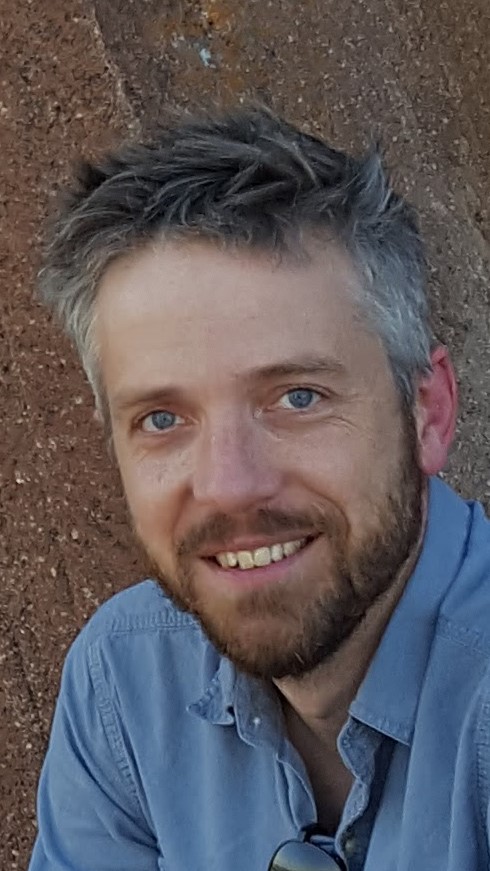
2023
University of Chicago
James Osborne will use the Richard C. MacDonald Iliad Endowment for Archaeological Research to fund the Türkmen-Karahöyük Archaeological Project. With over 3,000 years of occupation, a vast areal expanse, and inscriptions being discovered even on its surface, Türkmen-Karahöyük may be one of Turkey’s most important archaeological sites. This is especially true during the Late Bronze Age, when the Hittite Empire apparently used it as a regional center, and the Iron Age, when it became the capital of a kingdom that rivaled Phrygia itself. The Türkmen-Karahöyük Archaeological Project promises to illuminate this long-forgotten and never-explored city.
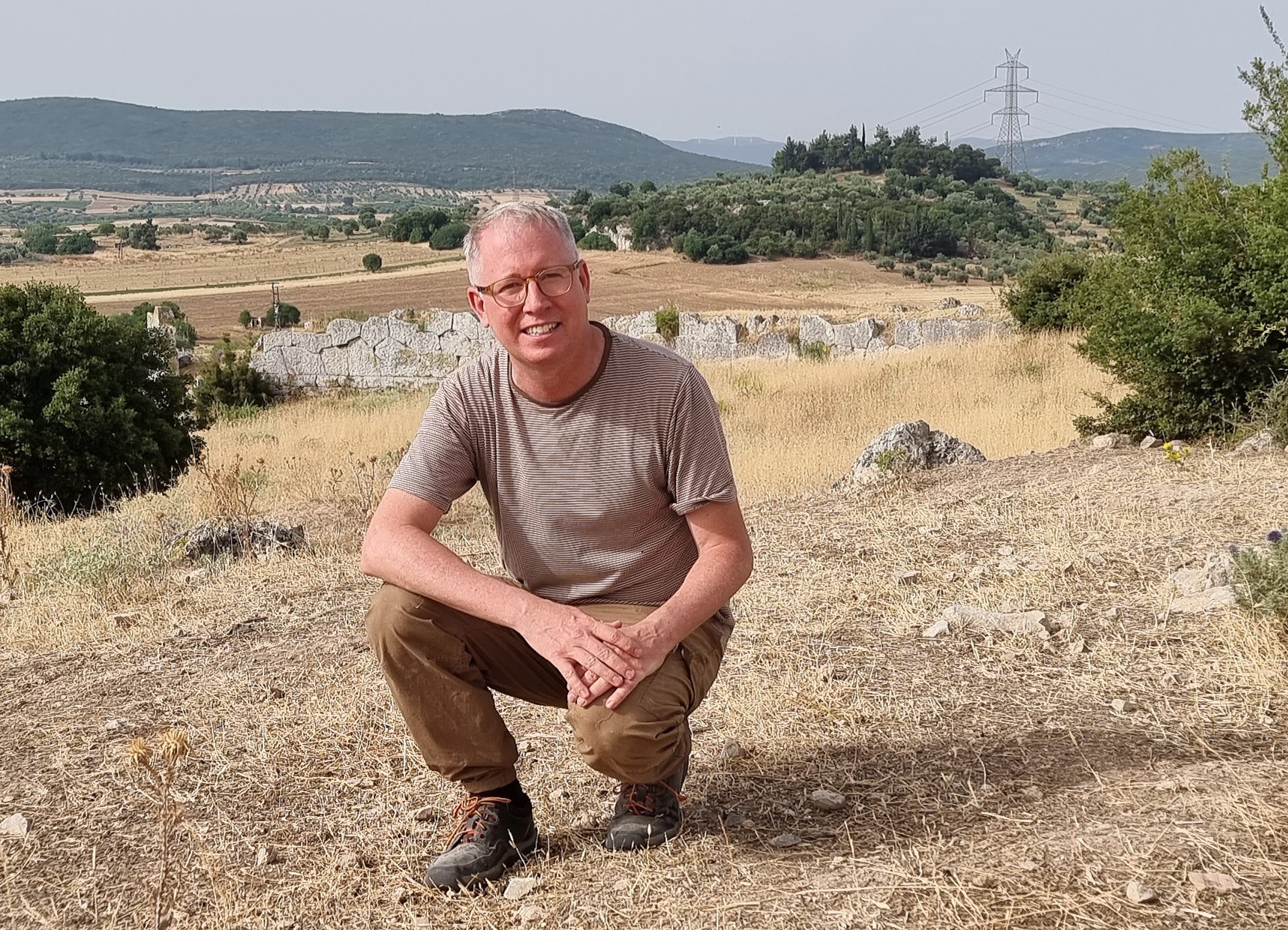
2023
American School of Classical Studies at Athens
Brendan Burke will use the Richard C. MacDonald Iliad Endowment for Archaeological Research to fund his 2023 excavation at the site of Eleon in Greece. His excavation and survey at ancient Eleon in central Greece is revealing not a palace, but a smaller community that contributed to the Greek contingent in the Trojan War. Ancient Eleon has a long history, starting with a monumental burial complex contemporary with the Age of Agamemnon. During the Palace period, it is a recorded in Linear B text and eventually suffers the same fate as the Mycenaean palaces. The site is remembered and reoccupied with the construction of a massive, polygonal circuit wall in the late Archaic period. His project is uncovering a site once only known from the text of Homer, ancient Eleon.
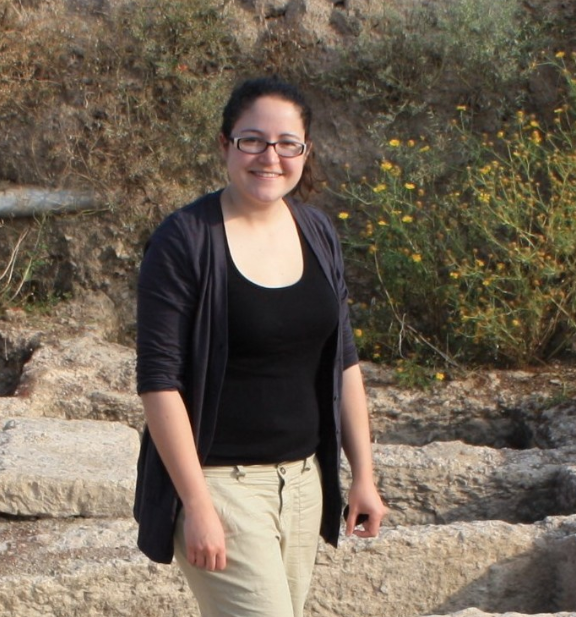
2022
University of North Florida
Jacqueline Meier used the Richard C. MacDonald Iliad Endowment for Archaeological Research to fund her 2022 excavation at the Petsas House in Mycenae. The project aimed to study the remains of animals excavated from a household at Mycenae to better understand how human-animal interactions linked Aegean societies during the Late Bronze Age by collecting new evidence of the livestock species, wild animals, and pets recovered from different contexts of Petsas House. Study of the actual animal remains from Mycenae will provide a more nuanced view of the economic and symbolic behaviors with animals during the Late Helladic period, providing valuable comparative information to assess how animal roles changed in later periods by the time of Homer.
2021
Bilkent University
Müge Durusu-Tanrıöver used the Richard C. MacDonald Iliad Endowment for Archaeological Research to fund her 2021 excavation at the district of Polatlı (Province of Ankara, Turkey). The project aimed to intensively explore Polatlı (western Ankara) through field survey and archaeometric analyses to offer a bottom-up archaeological perspective of local communities forged through long-lasting conflict between political powers to their east and west.
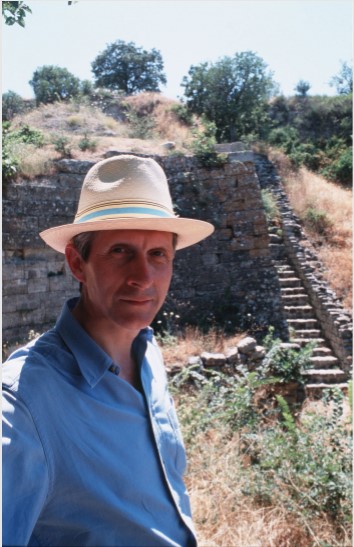
2020
Independent Scholar
Donald Easton used the Richard C. MacDonald Iliad Endowment for Archaeological Research to fund his 2020 excavation at Troy. The project aimed to perform analysis on up to 26 samples of animal bone to be selected from two tons of specimens taken from the Troy excavations of 1932-38 and now preserved in the Osteo-Archaeological Research Laboratory, University of Stockholm. The purpose was to test whether there was a 170-year gap between Troy III and Troy IV and, consequently, whether a hypothesised intervening “Proto-IV” period existed. The project aimed also to determine whether consequent late dates for Troy IV and V, of c. 2000-1750 BC, are correct.
Read about Donald Easton's experience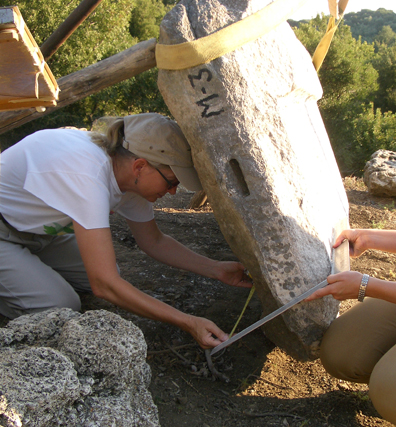
2020
Emory University
Bonna Daix Wescoat used the Richard C. MacDonald Iliad Endowment for Archaeological Research to fund her 2020 project, The Samothrace Exploration Project. The project aimed to shed light on occupation and land use on Samothrace across the third to first millennium BCE, and its relationship to contemporary human activity in the Troad, northern Aegean, and Balkan hinterland. With the MacDonald grant, the project undertook a LiDAR survey of the rugged and often wooded landscapes around Middle Bronze Age and Early Iron Age sites. This data will form the basis for the first integrated investigation of settlement and transition across the island and over time.
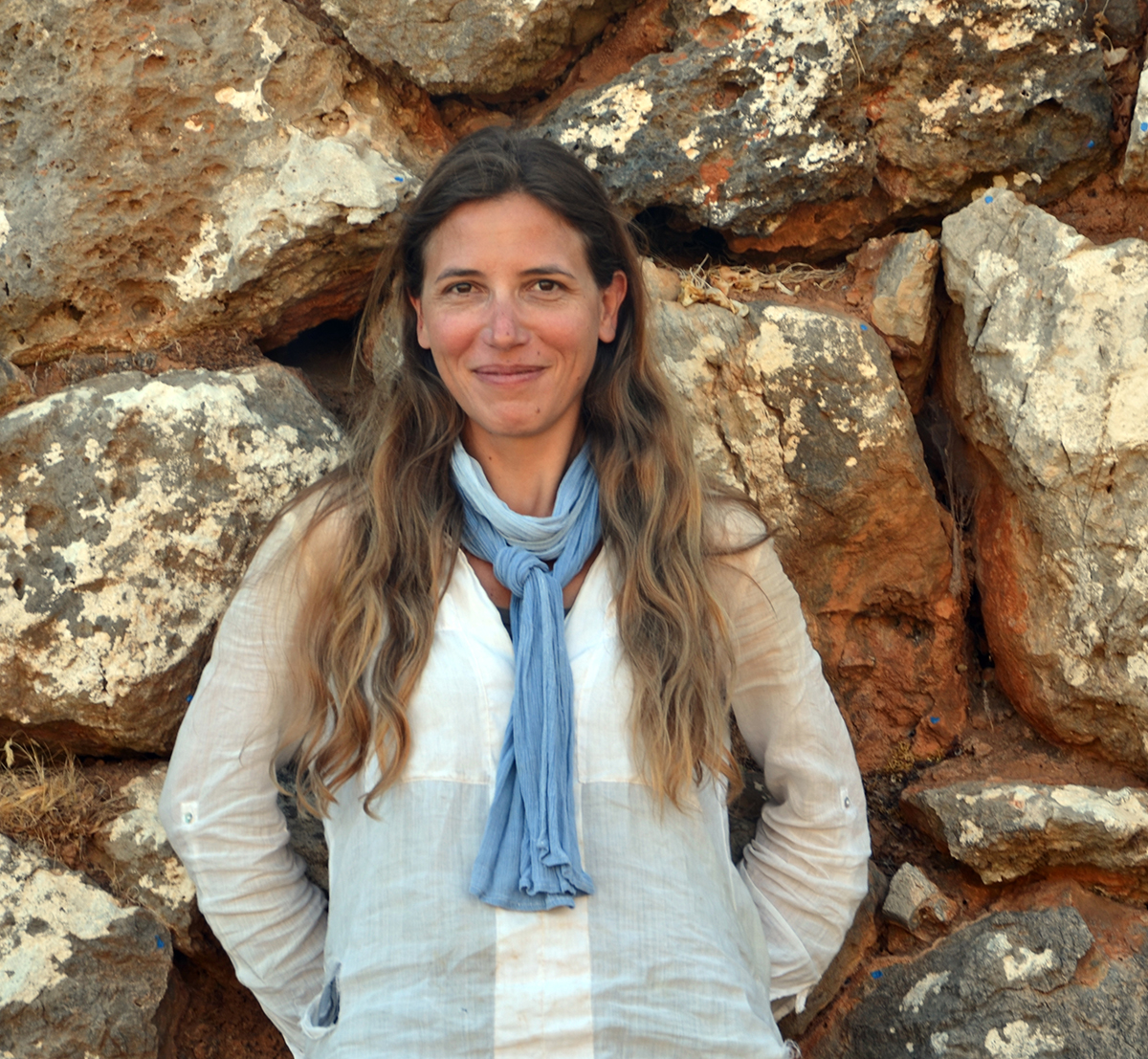
2019
French School at Athens
Florence Gaignerot-Driessen used the Richard C. MacDonald Iliad Endowment for Archaeological Research to fund her 2019 project, The Tombs of Aidonia Preservation, Heritage, and explOration Synergasia (TAPHOS). The project aimed to addresses the problem of Homeric archaeology from the particular perspective of tumuli, as emblematic monuments in the Iliad. It argues in favor of a Homeric archaeology that is not purely illustrative but considers archaeological realities in the context of cultural, social and political patterns characterizing the epics. The project was based on the tumuli recovered from the Early Iron Age cemetery of Anavlochos (Eastern Crete), which were brought to light in 2018 by the Anavlochos Project.
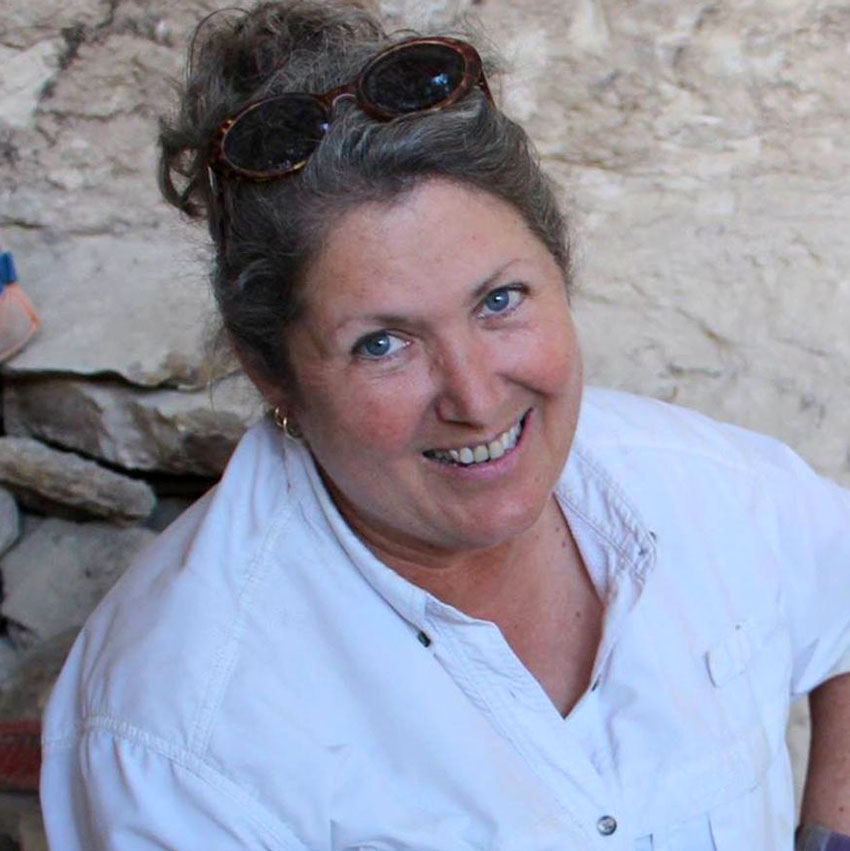
2019
University of California Berkeley
Kim Shelton used the Richard C. MacDonald Iliad Endowment for Archaeological Research to fund her 2019 project, The Tombs of Aidonia Preservation, Heritage, and explOration Synergasia (TAPHOS). The project aimed to elucidate how Mycenaean mortuary practices and ancestor worship were adopted beyond palatial sites throughout the Bronze Age through the systematic excavation and interpretation of recovered materials from the Bronze Age cemetery at Aidonia Greece.
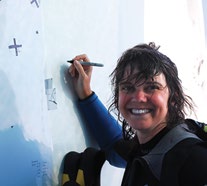
2018
Institute of Nautical Archaeology at Texas A&M University
Deborah Carlson used the Richard C. MacDonald Iliad Endowment for Archaeological Research to fund her 2018 Underwater Archaeological Survey of Gökçeada and Bozcaada, Turkey. The project aimed to conduct an underwater survey of Turkey’s only two Aegean islands, Gökçeada and Bozcaada, which have not yet been the focus of comprehensive, systematic, rigorous underwater survey in order to discover ancient preserved seagoing ships which sank while sailing toward or waiting to enter the Sea of Marmara.
Read about Deborah Carlson's experienceNotifications